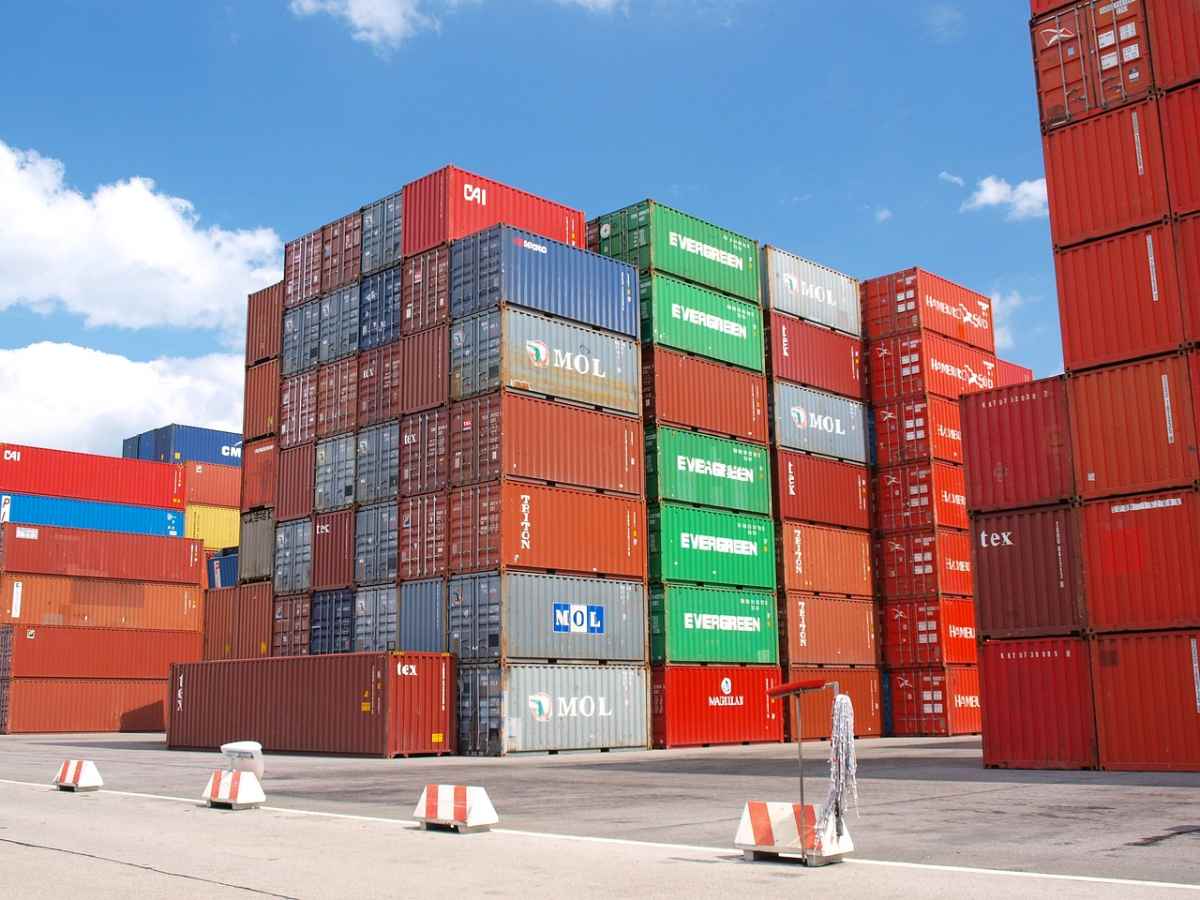Freight brokers help businesses get the products they need to run their businesses. They are essentially the intermediaries, the people who work with shipping companies and businesses to delegate shipping prices and more. The role of a freight broker is invaluable when it comes to businesses getting their products to their locations safely and as quickly as possible. A freight broker spends his or her time researching various shipping companies to ensure that they’re connecting the right companies with the right businesses.
Table of Contents
What is the purpose of a freight broker?
The main purpose of a freight broker is to connect businesses with companies that can ship their products. The freight broker is the go-between who finds the shipping company for a business and helps set up the shipping process. The cost of shipping, as well as the method, is discussed with the business and shipping company. All the details are discussed and arrangements are made between the shipping company and the business to get the products to the desired location. Once everything has been set up, a freight broker tracks the shipment to ensure that it reaches its destination safely.
Common Freight Broker Tasks
A lot of research goes into finding shipping companies to move all types of products from one place to another. The reputation of the shipping company is important. This gives a shipping company credibility and makes a business feel more comfortable using its services. As a result, freight brokers not only research shipping companies, they also make sure that these companies are known for fulfilling their contracts and getting the job done. Freight agents also help negotiate pricing between the shopping company and the business, approve shipping paperwork, and make sure that everything is loaded safely. However, the duties don’t end there. They must also answer customer questions, develop sales plans, and maintain existing customers as well as pursue new ones. The role of a freight broker encompasses many tasks and responsibilities. Customers also count on freight brokers to maintain up-to-date and accurate files and receipts.
Skills for Mastery
Freight brokers must communicate well. Their business depends on this skill. If they are unable to communicate vital information to a shipping company or a business, it could result in a missed shipment, improper pricing, and any number of other catastrophes. Good organizational skills are also a necessity. Many freight brokers have more than one customer. This means that they must be able to keep up with each individual customer and be hyper-aware of deadlines and other important dates. This requires the ability to multitask, and, of course, manage your time wisely. Analytical skills are helpful as well. If you can anticipate outcomes, customer questions, and potential problems, you can avoid many unfortunate incidents. A freight broker may even find himself needing to negotiate terms and network strategically. This isn’t easy if you don’t know the industry. As a freight broker, you’re naturally inclined to learn the industry. It’s literally a part of your day-to-day job.
Professional Training?
People who are interested in becoming a freight broker often ponder how to become a freight agent. Believe it or not, you can break into the freight industry without any specialized training. However, this will require taking jobs that help you to learn the industry. This means you’ll need to understand the shipping process, how negotiations work, and what different kinds of companies are looking for when it comes to shipping their products. You’ll also need to network. This can be done by joining professional organizations and getting to know people who are already in the industry. You can also apply to freight broker firms. There are a variety of different ways to get the training and connections you need to join the freight industry.

